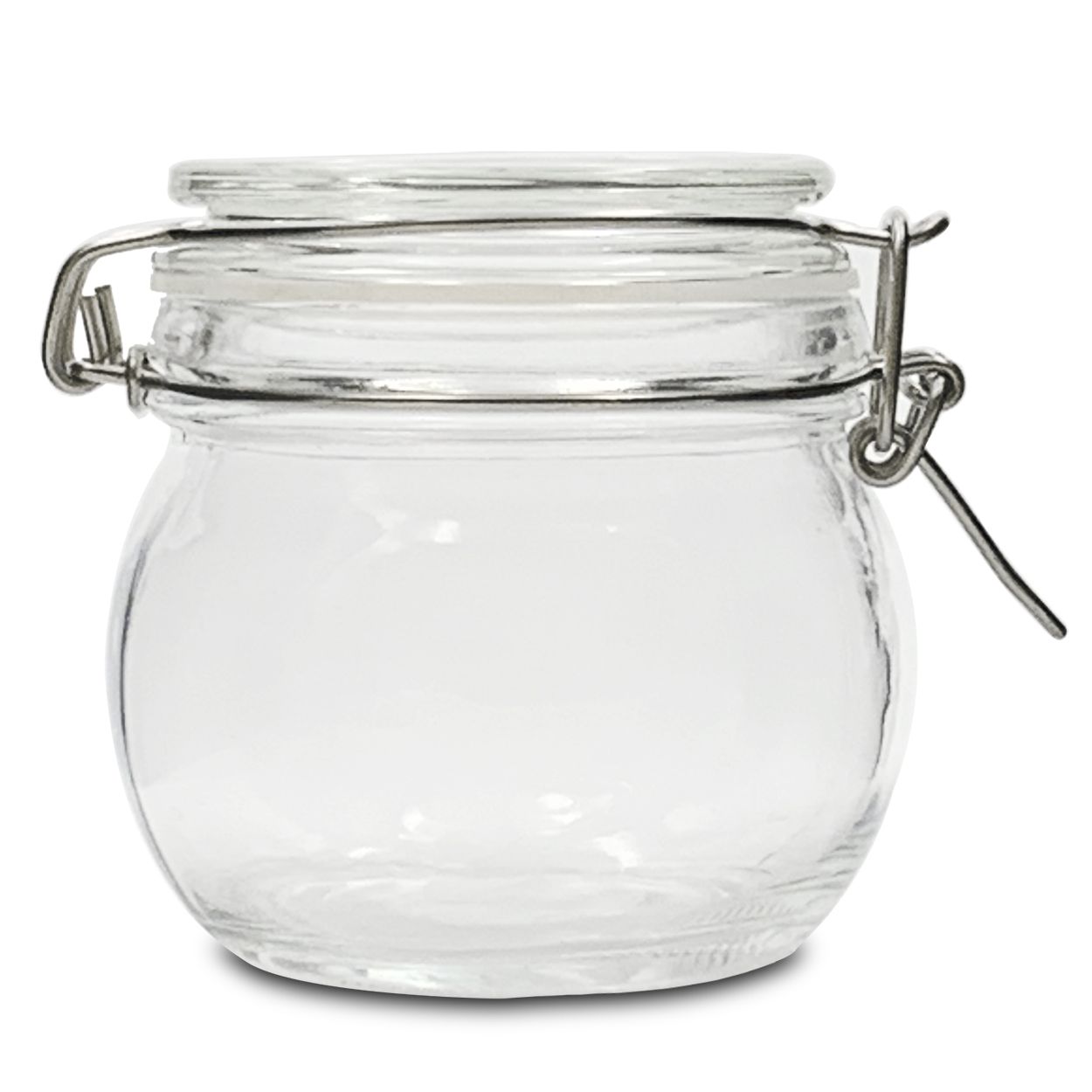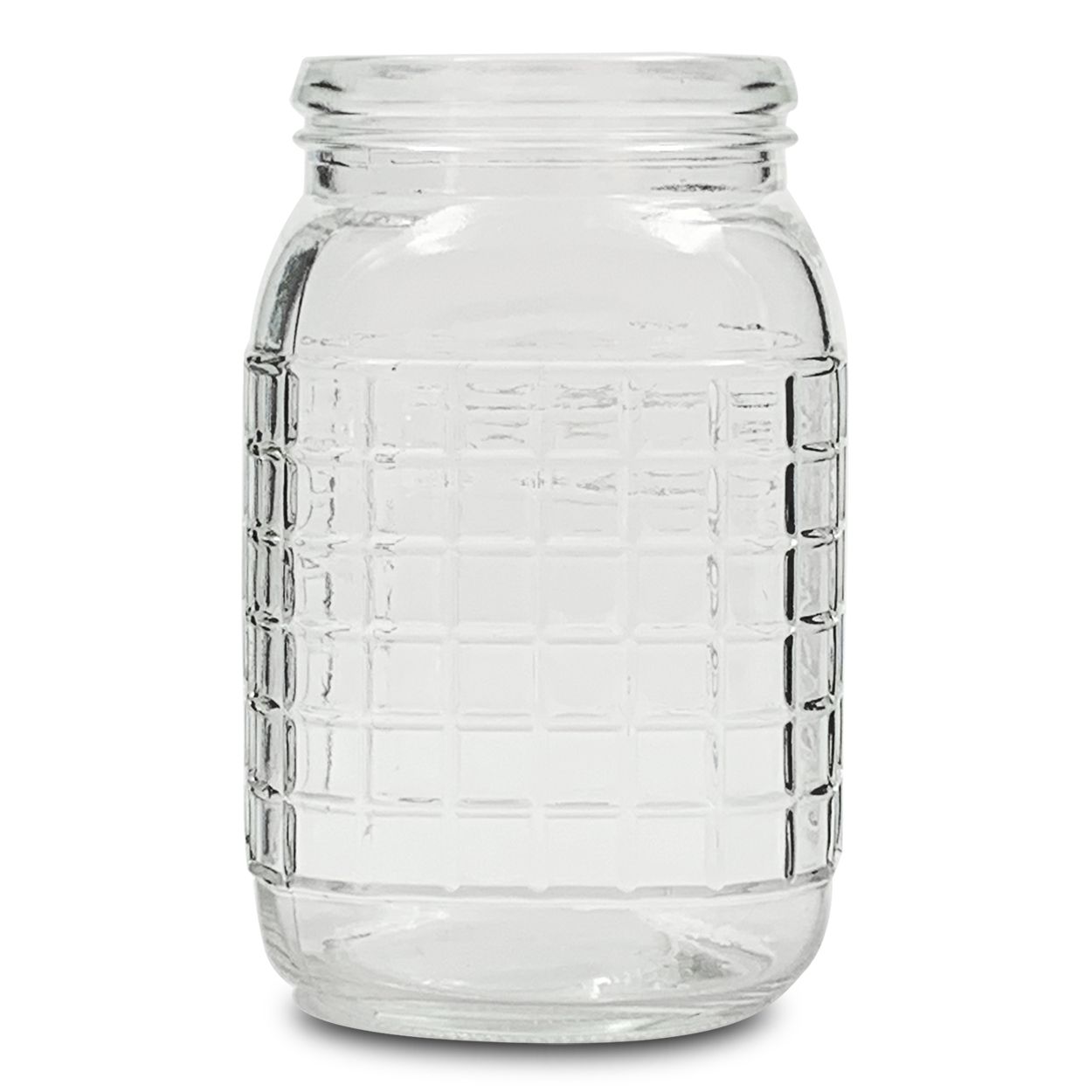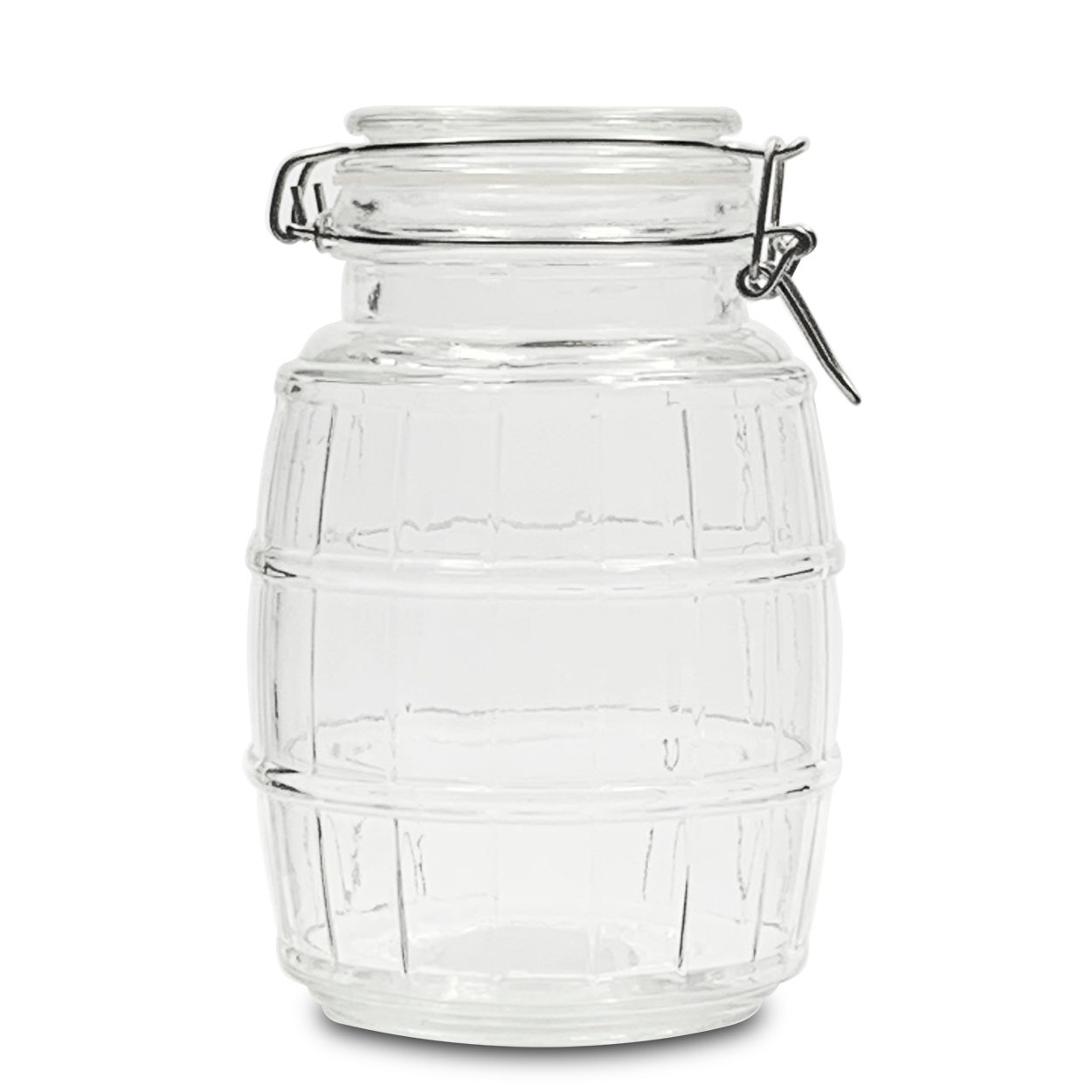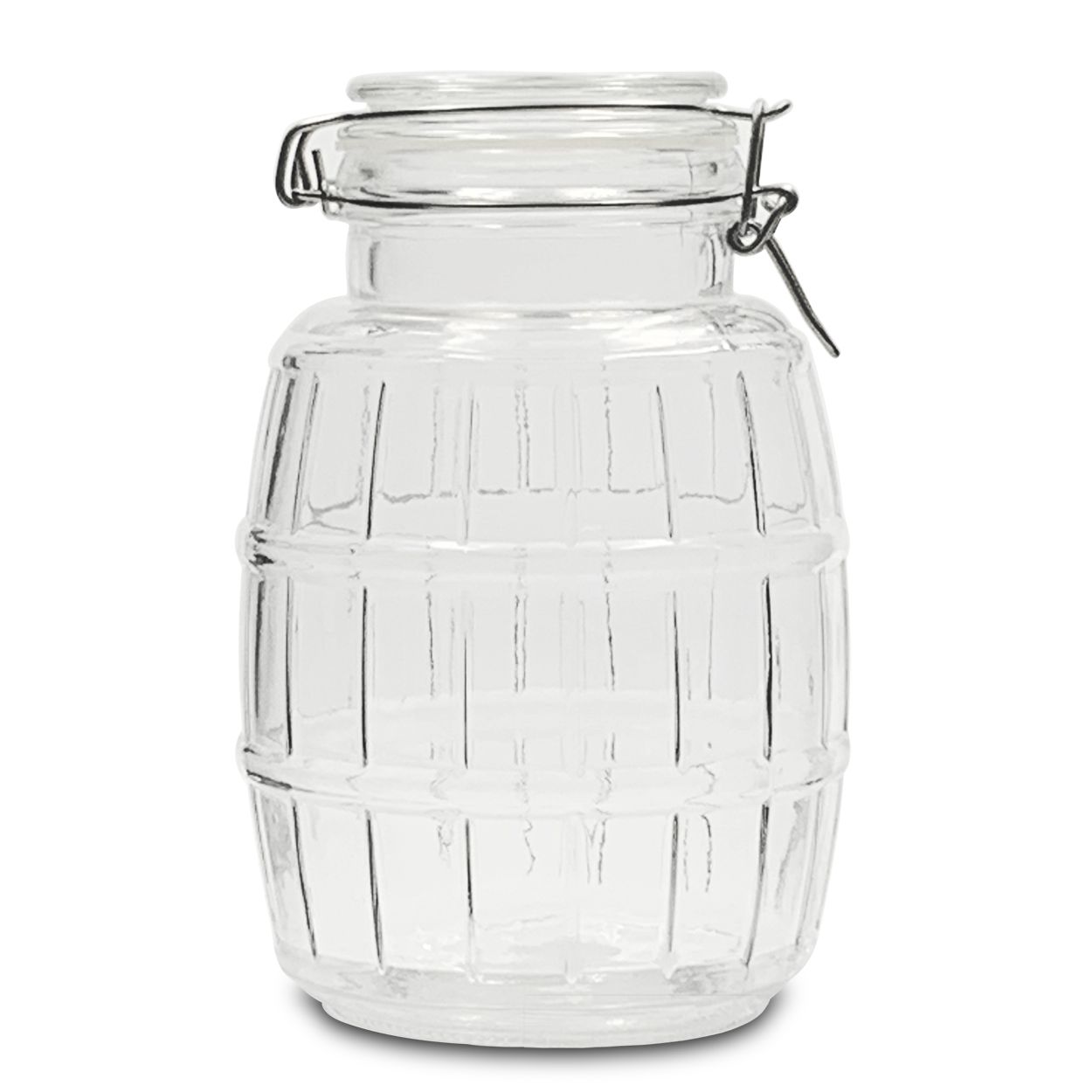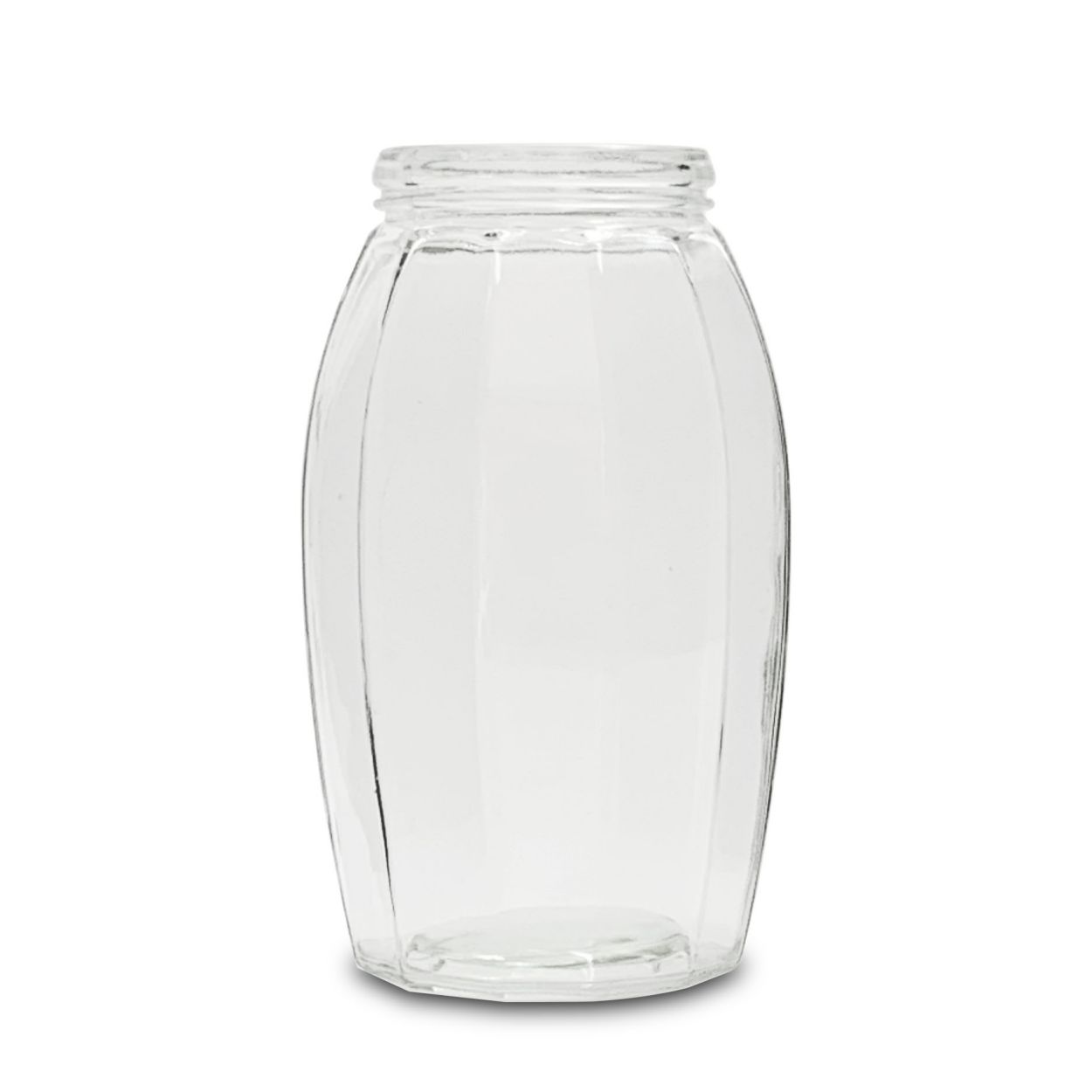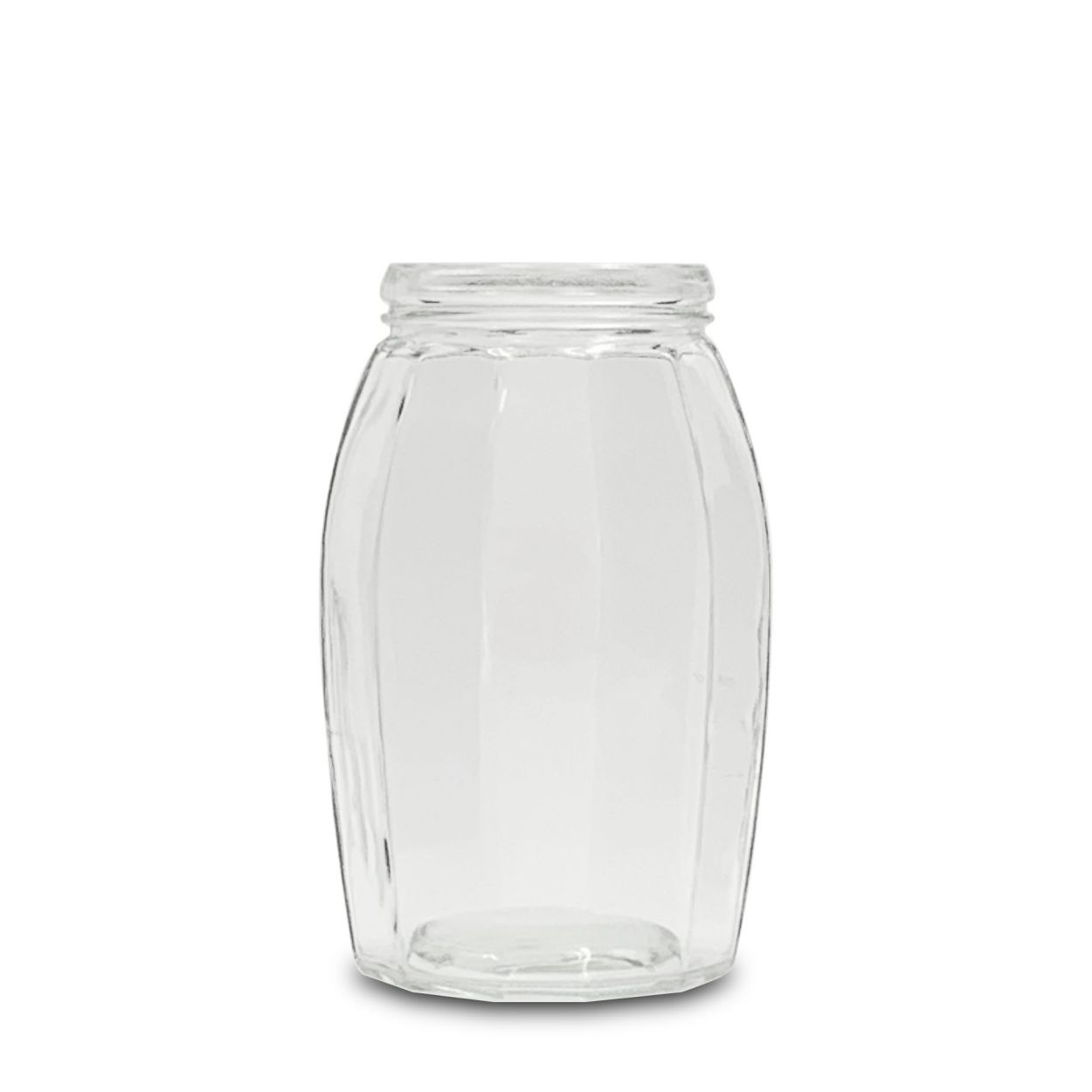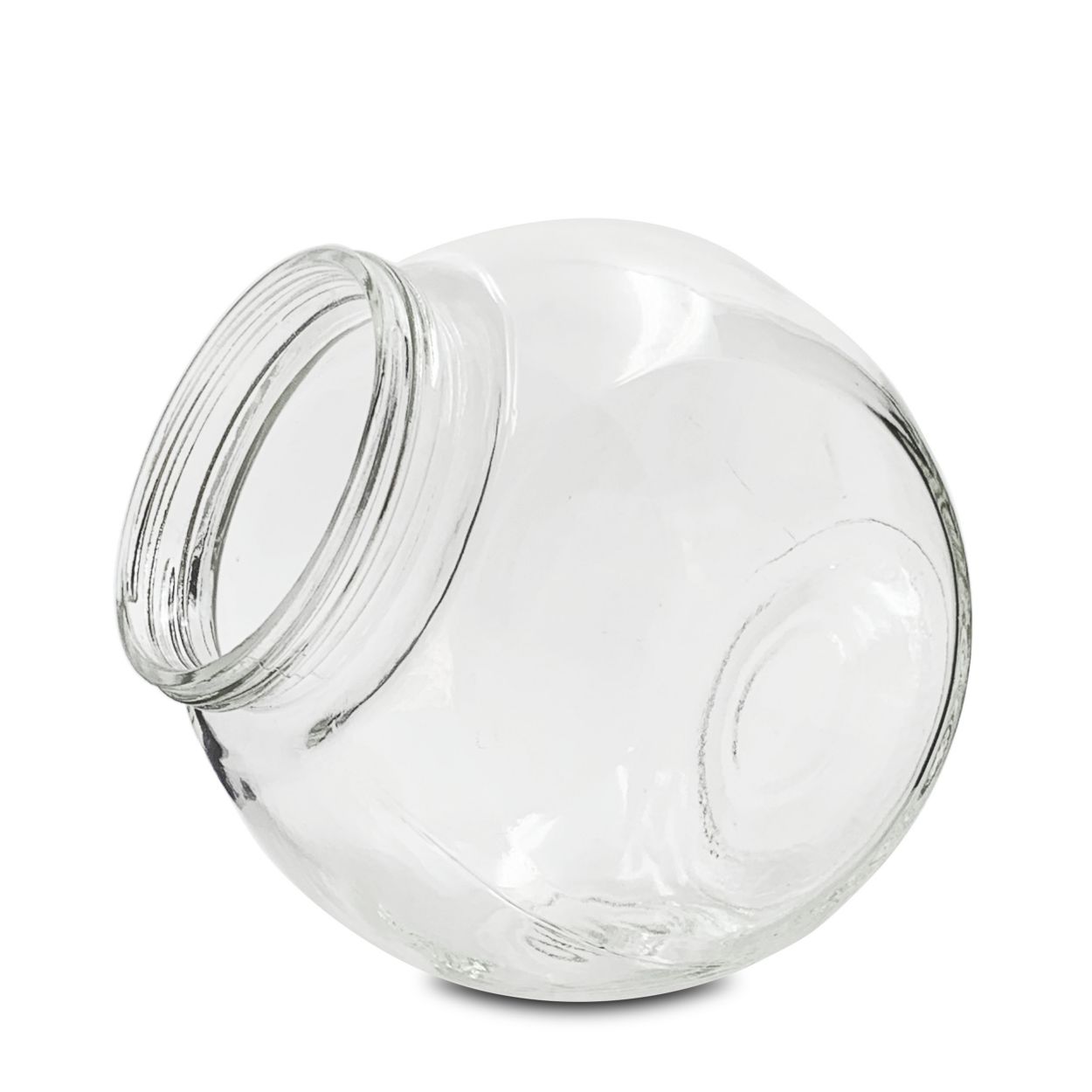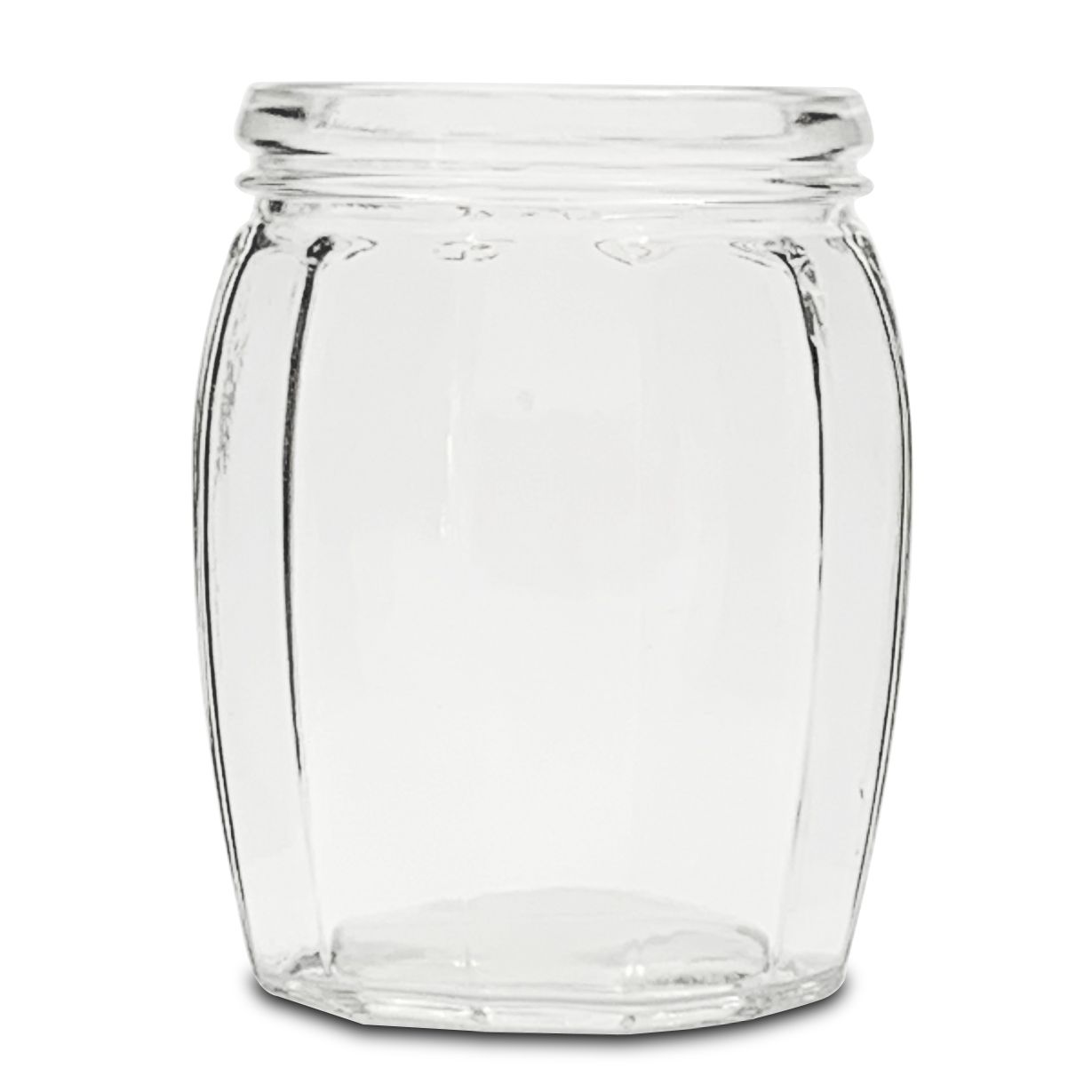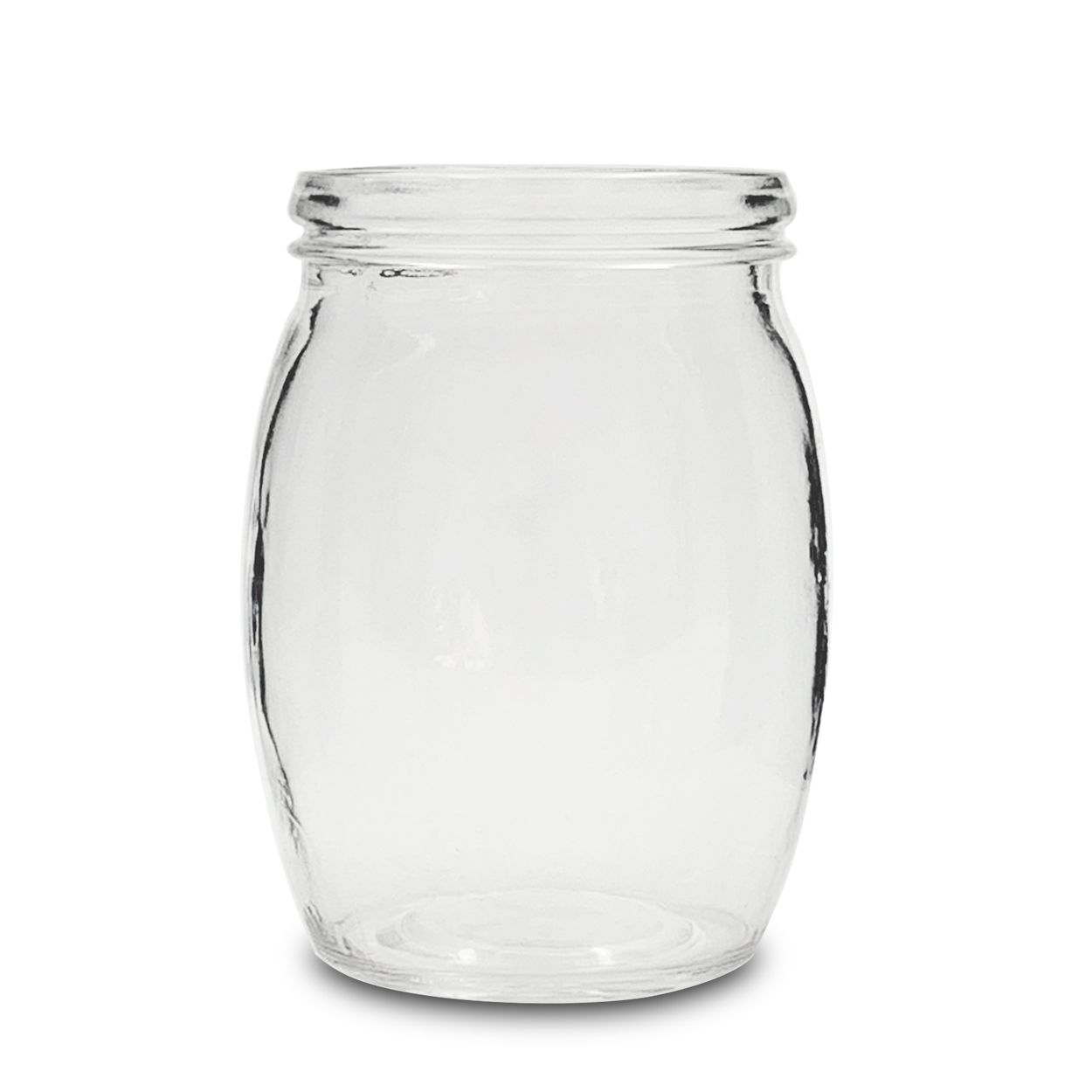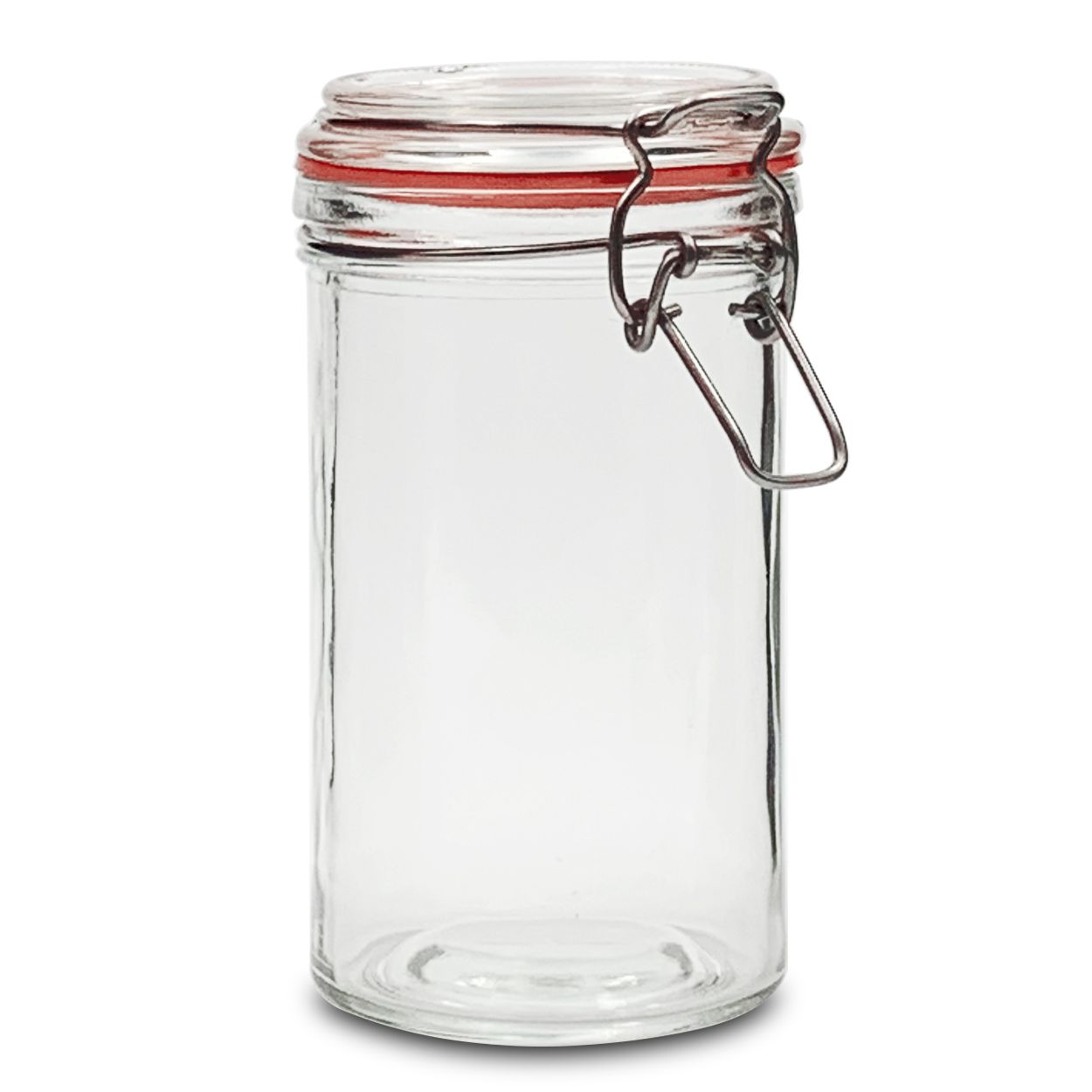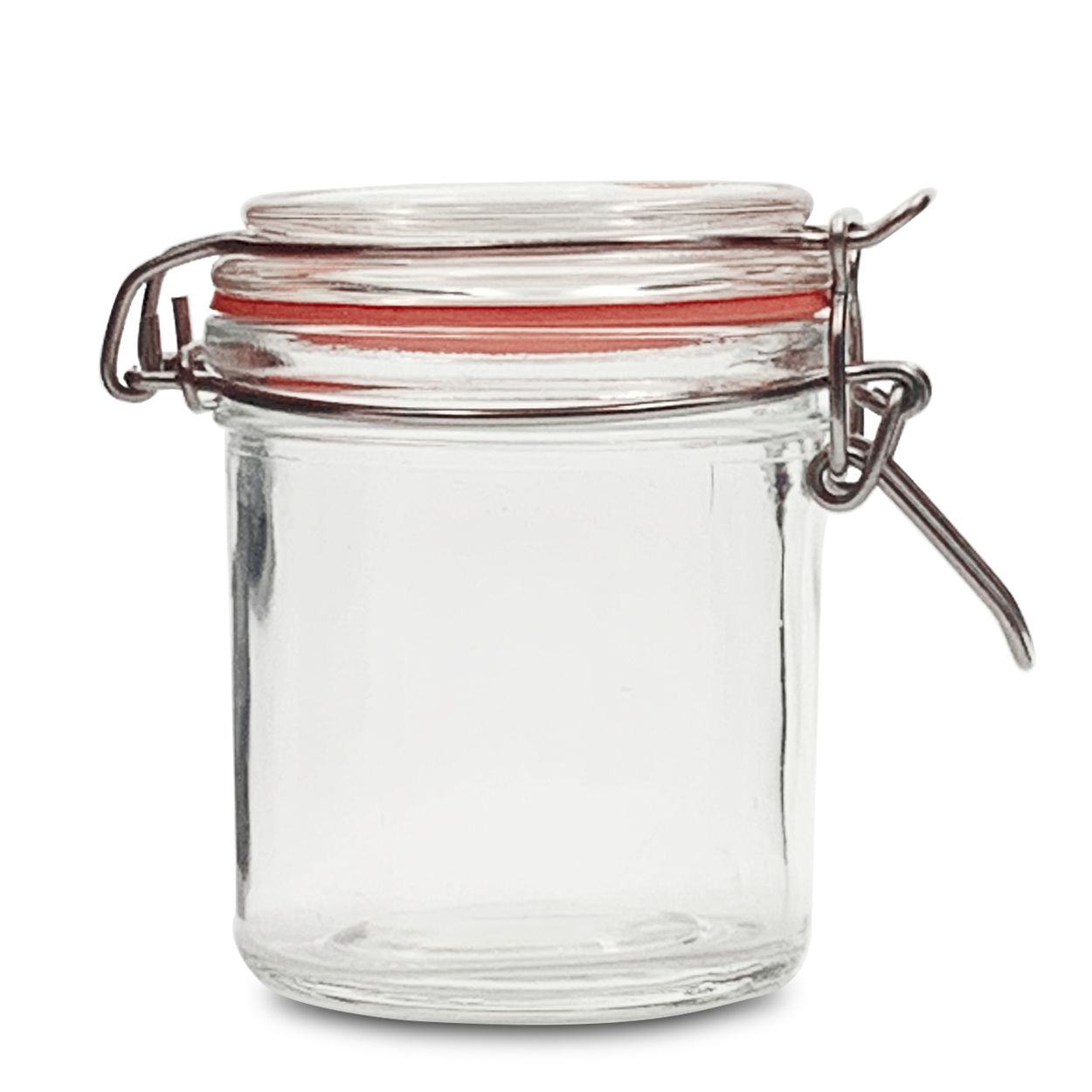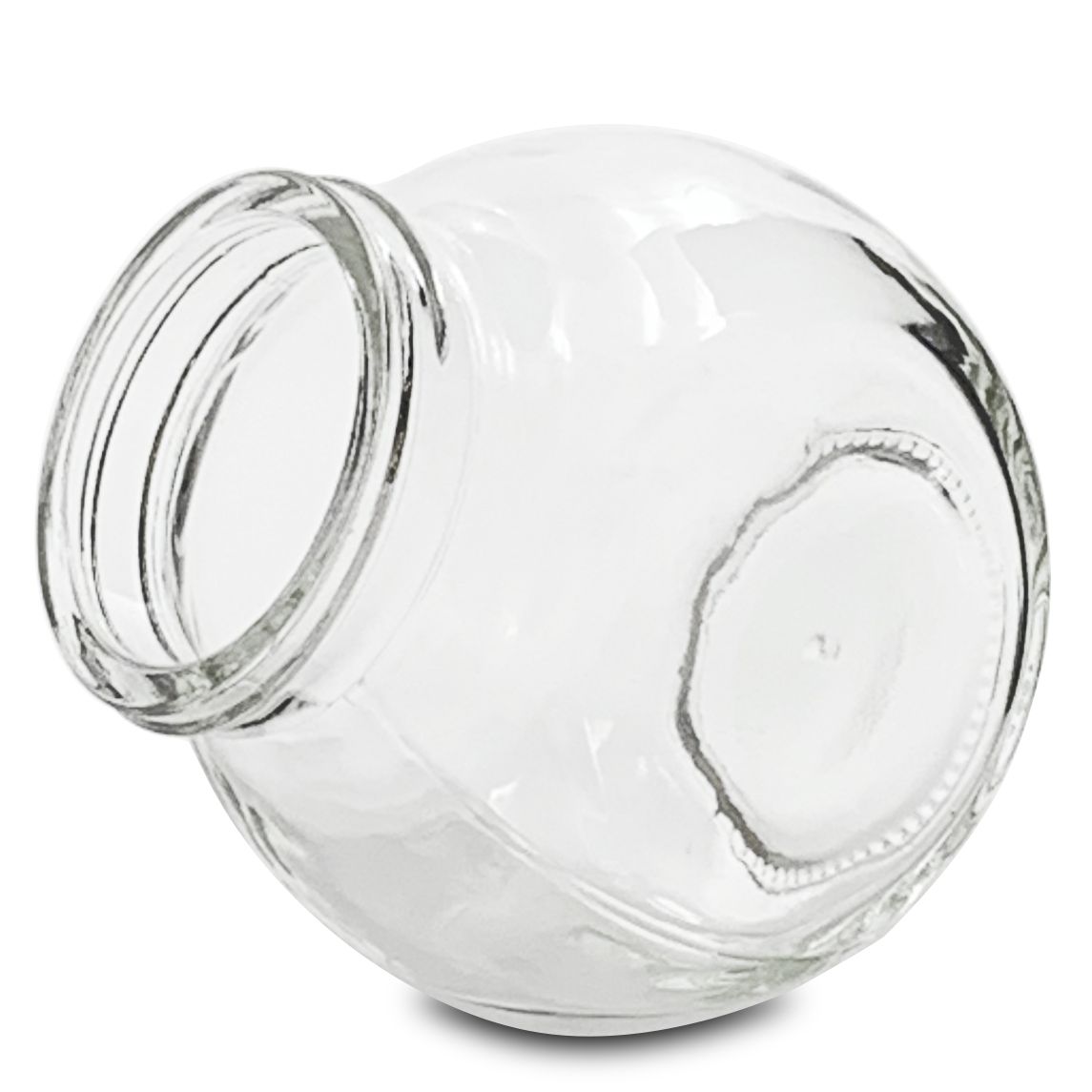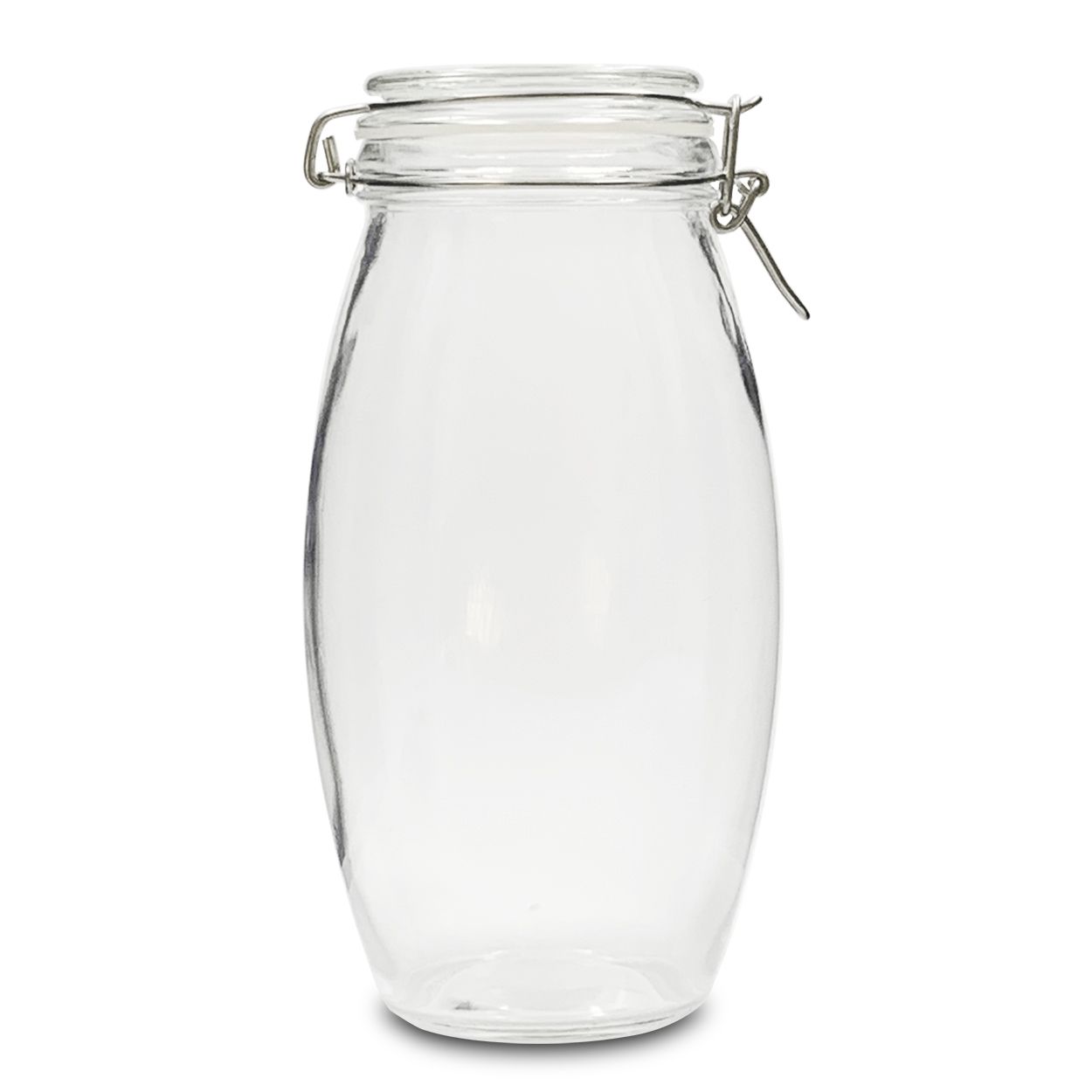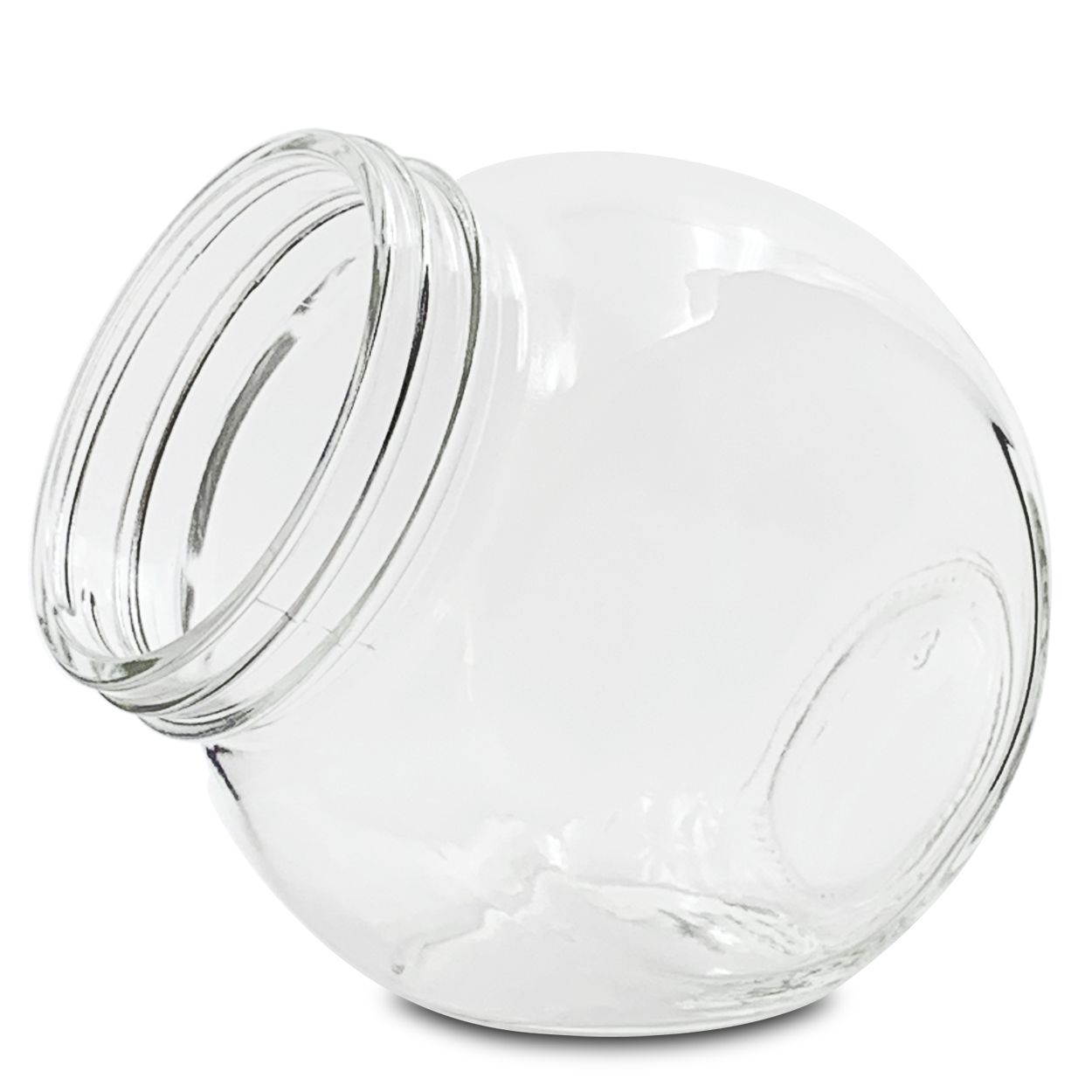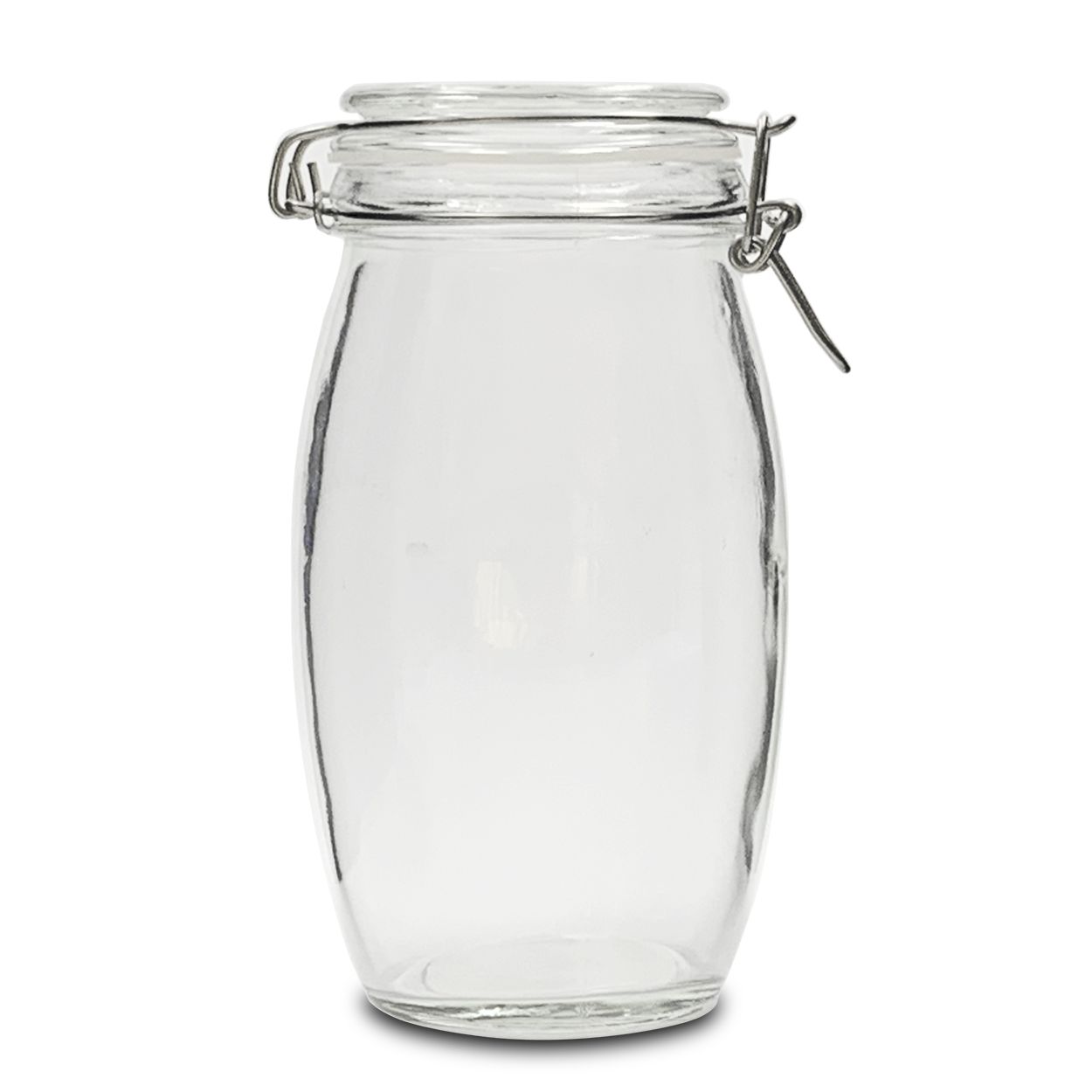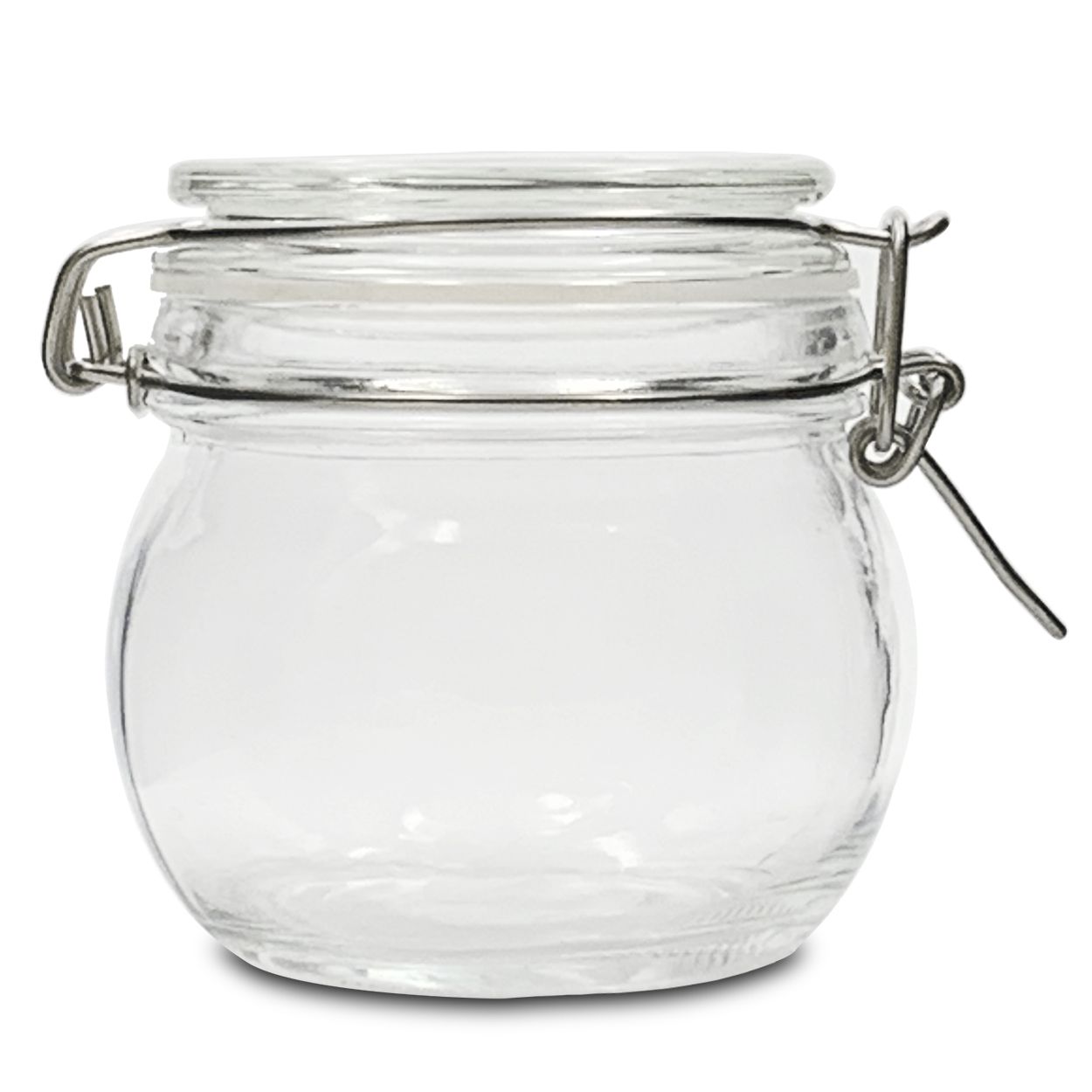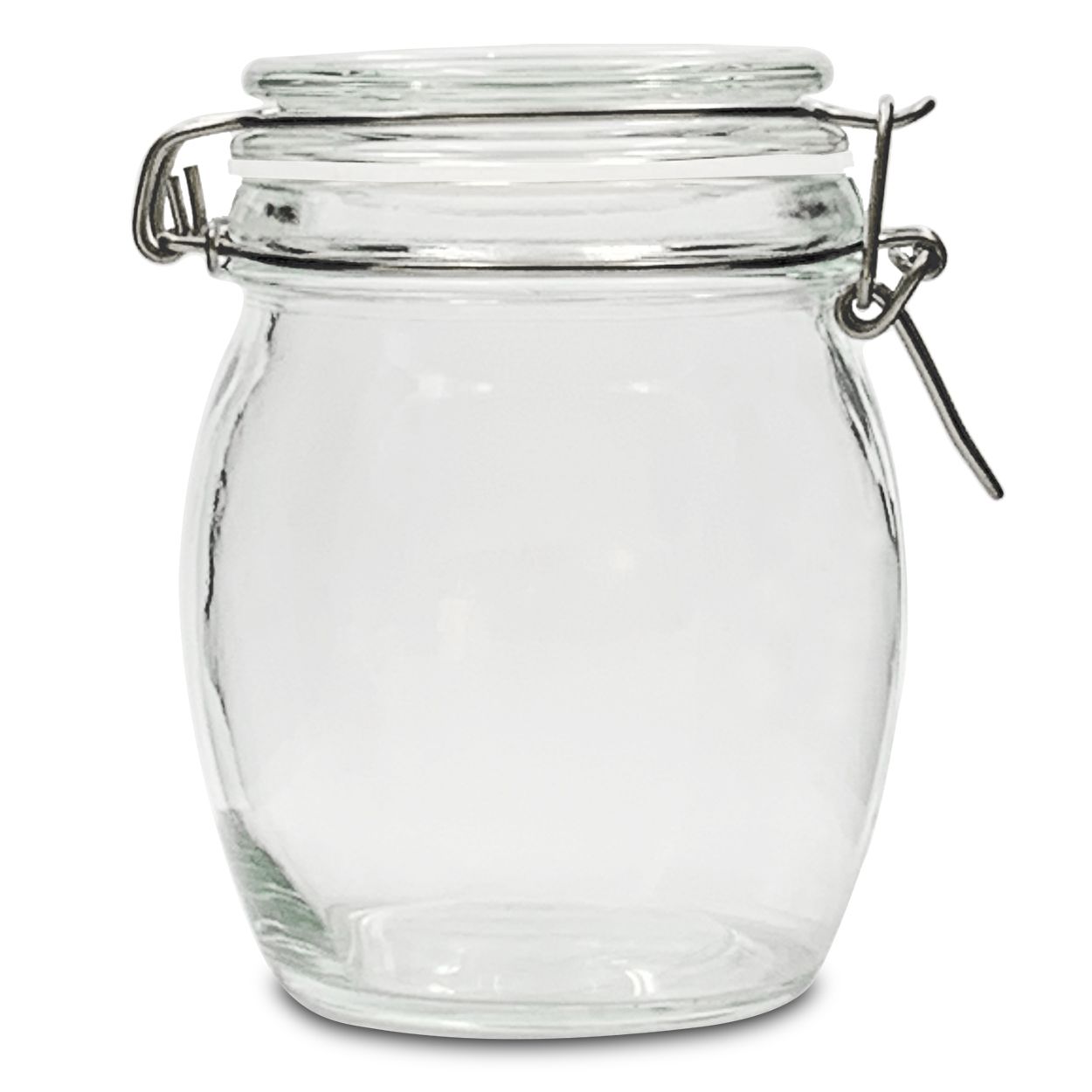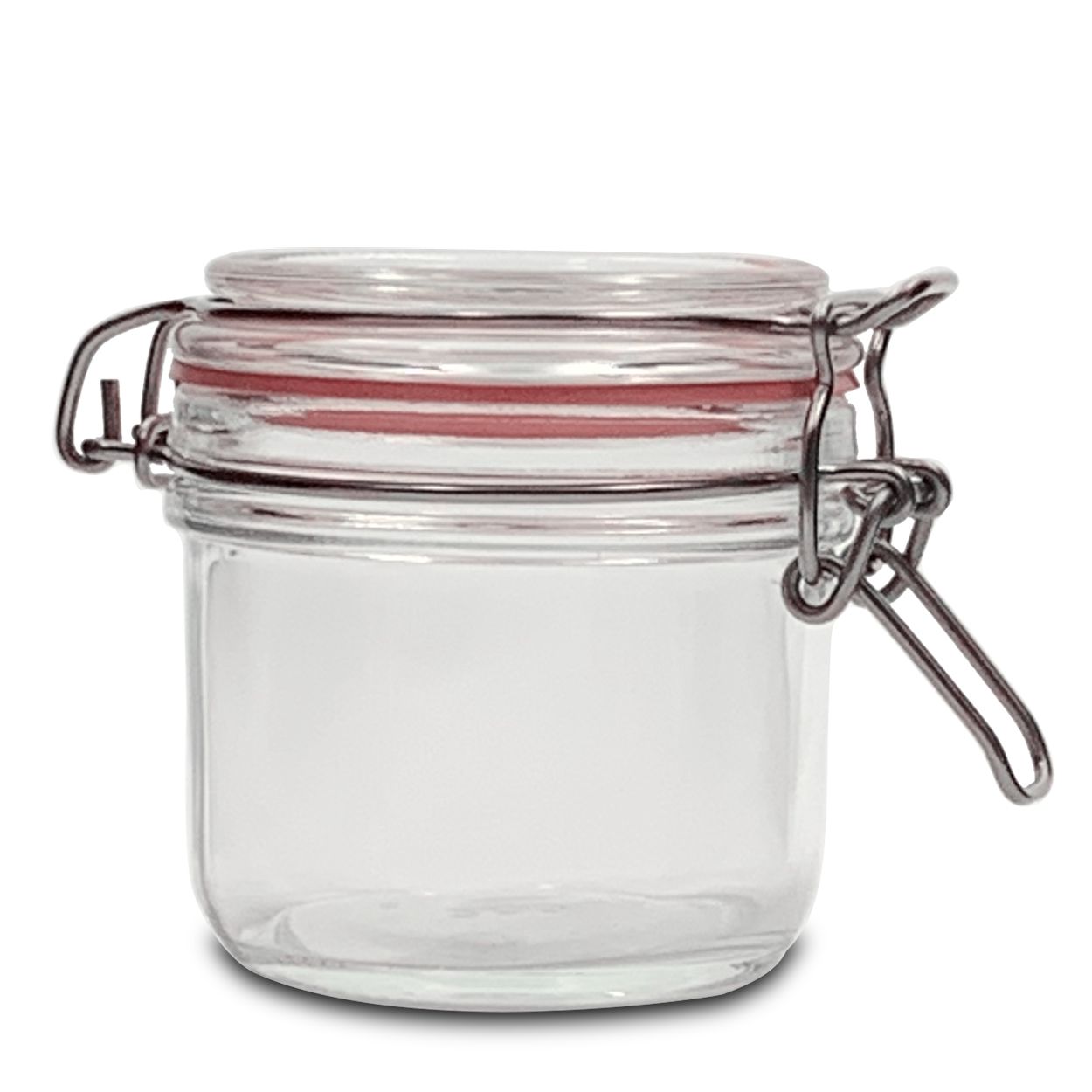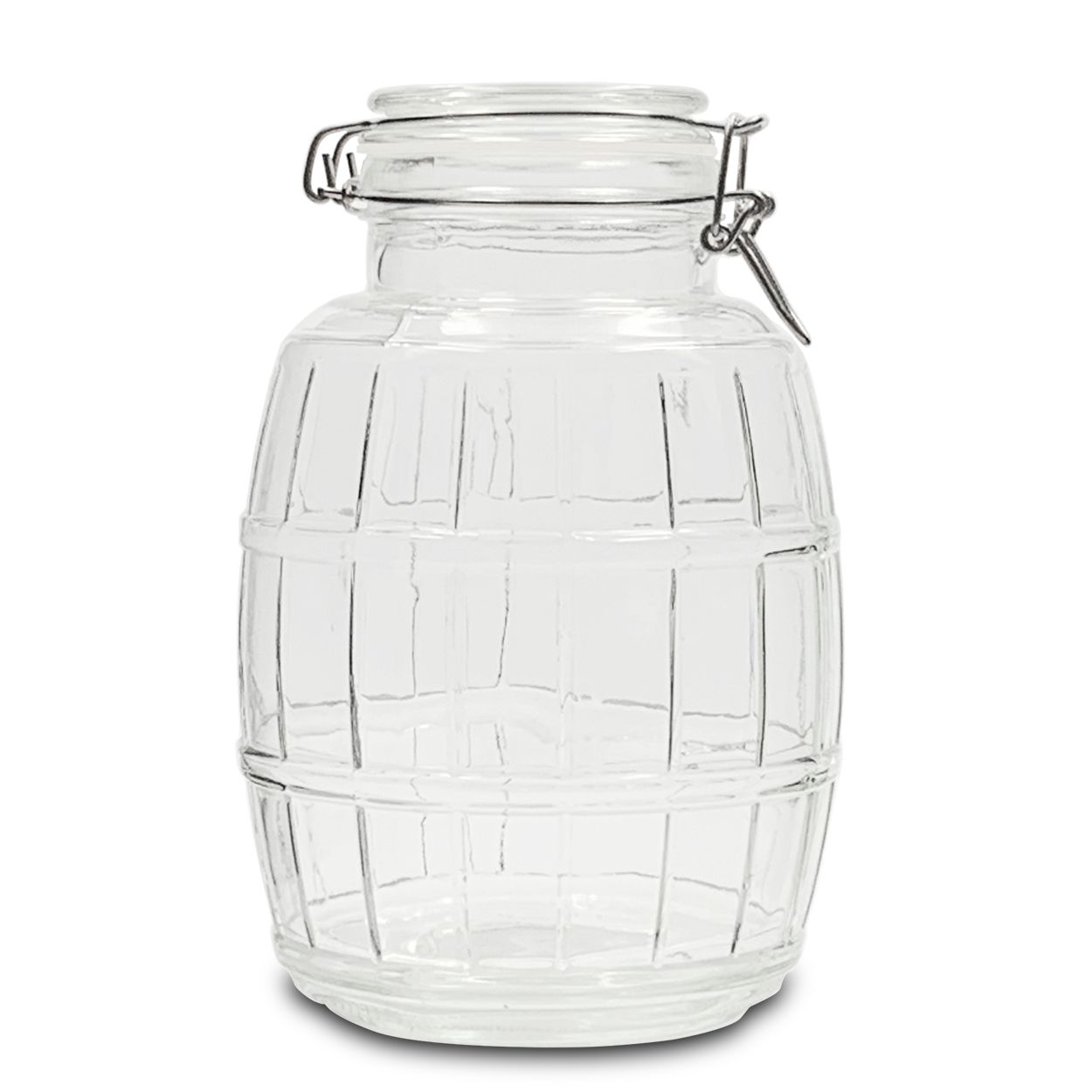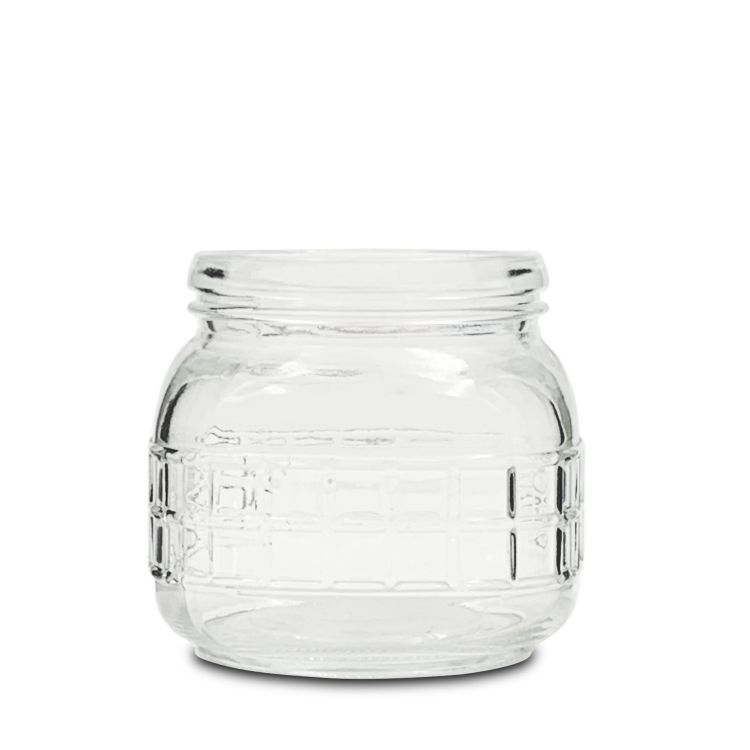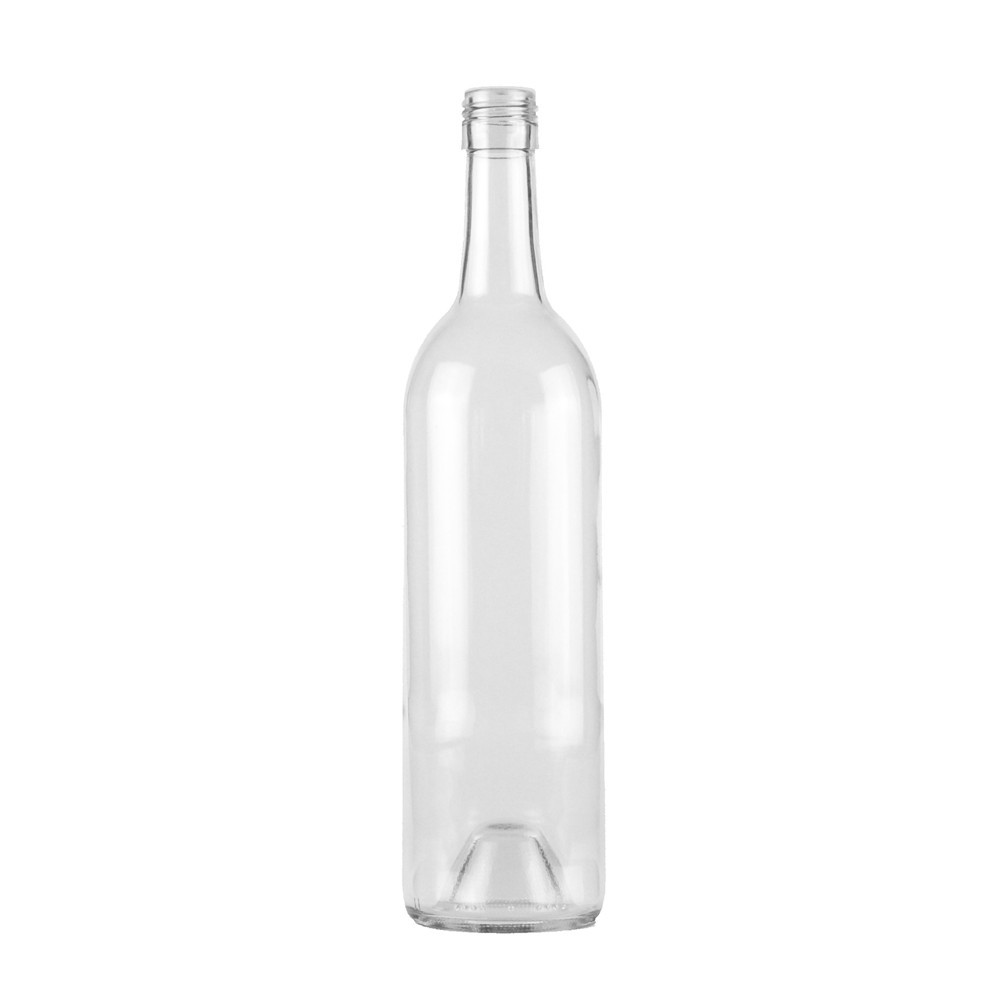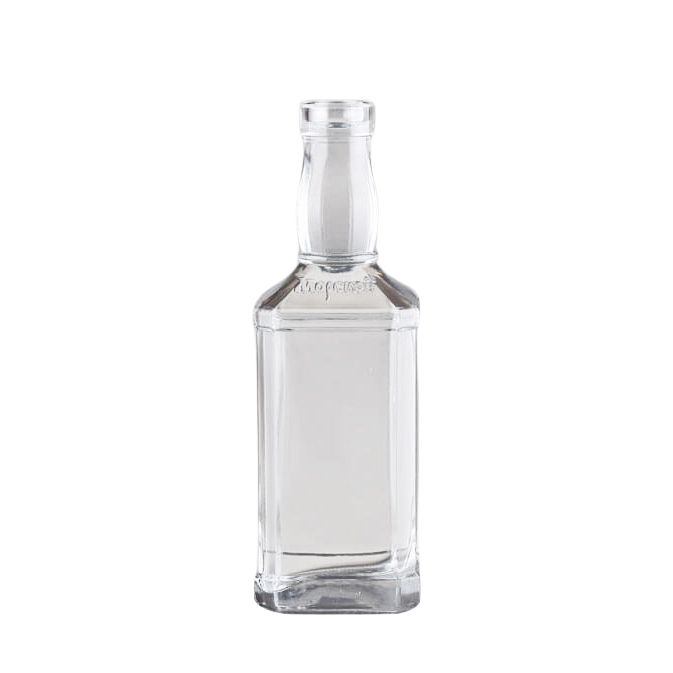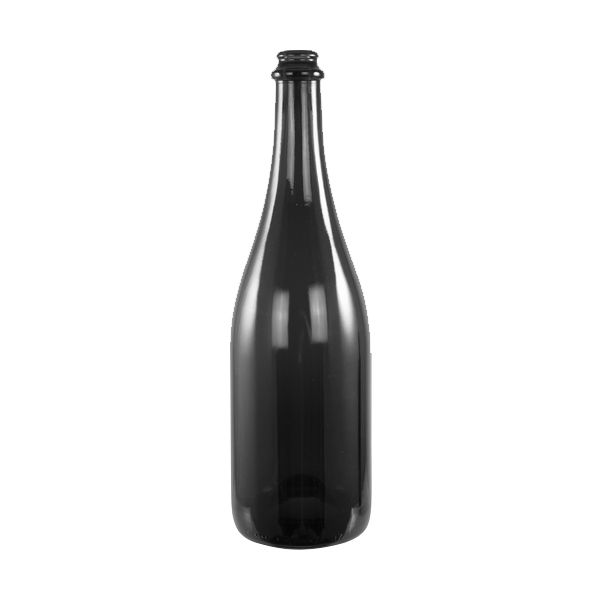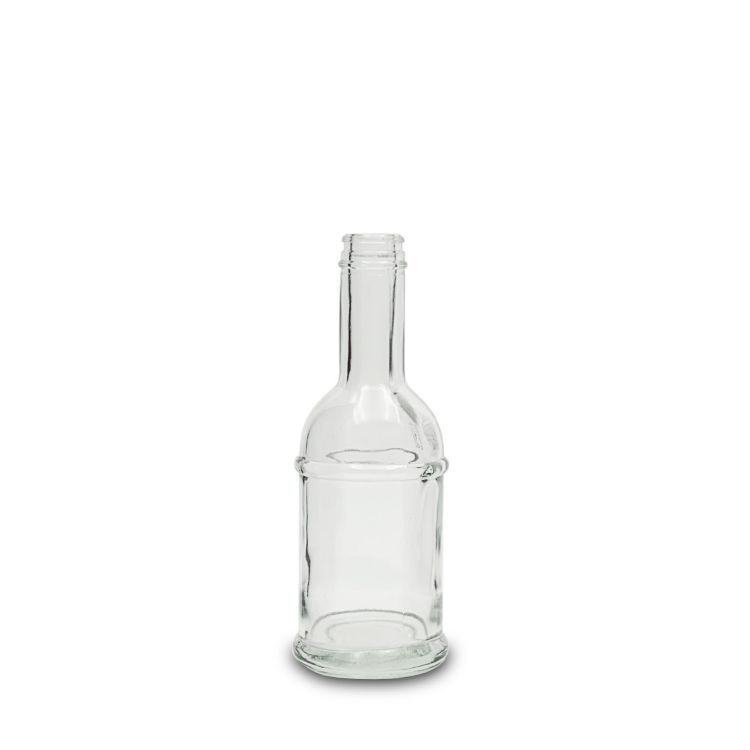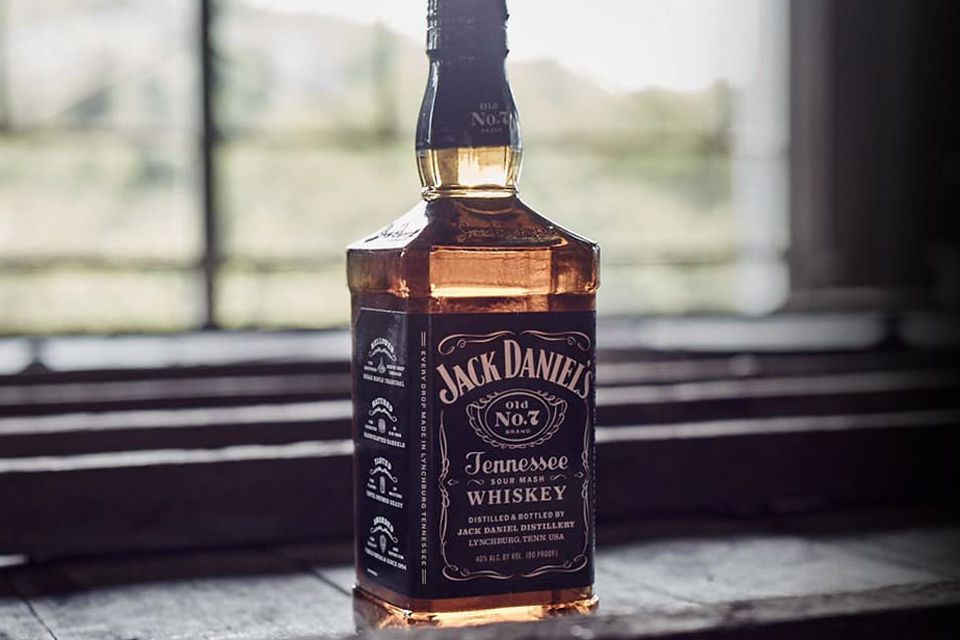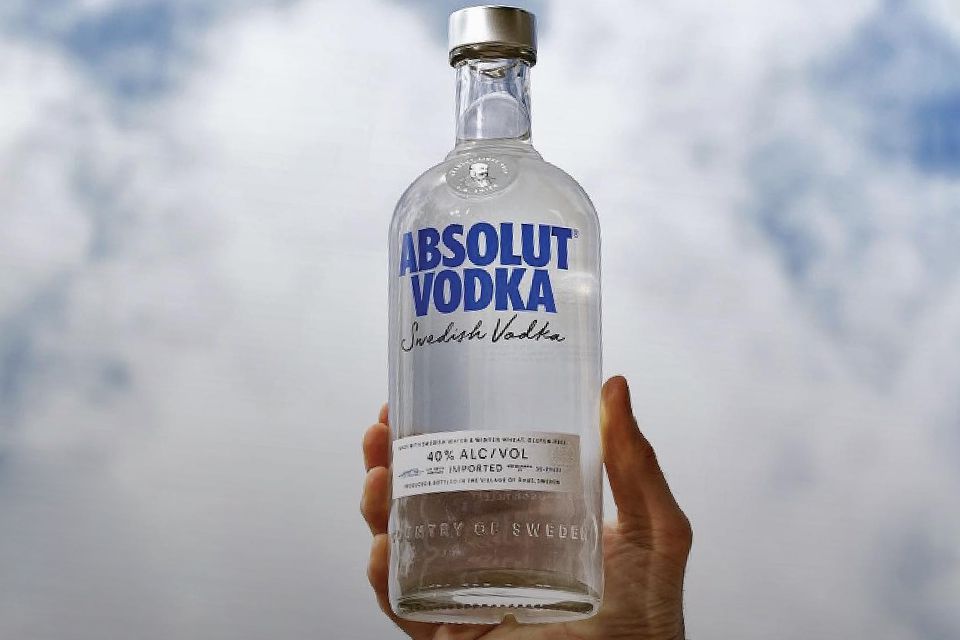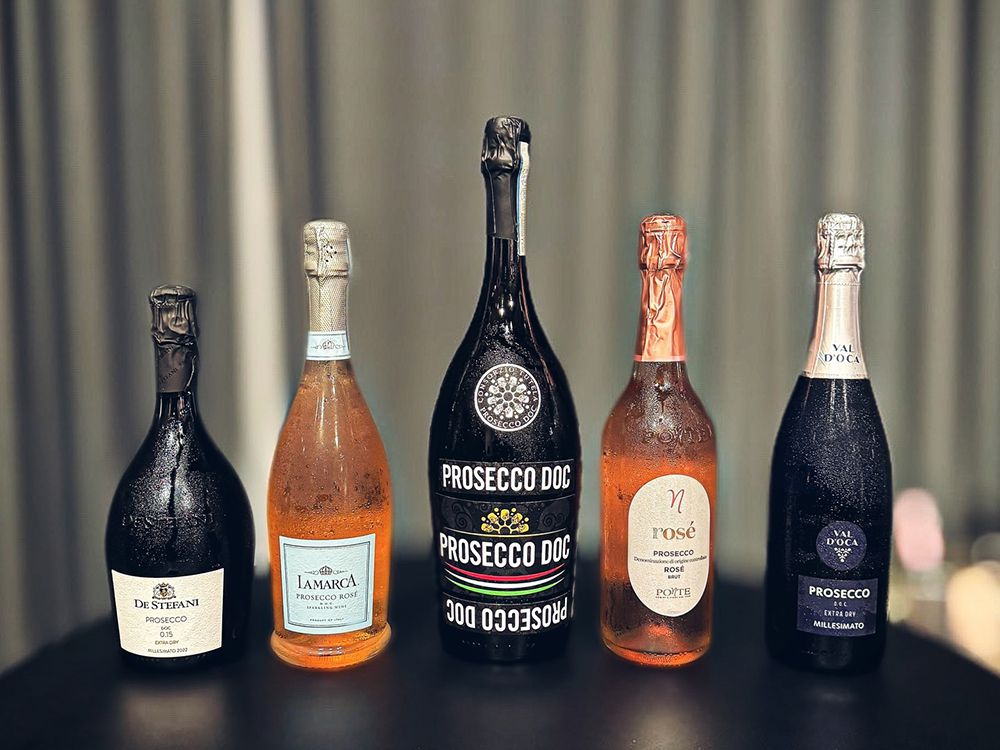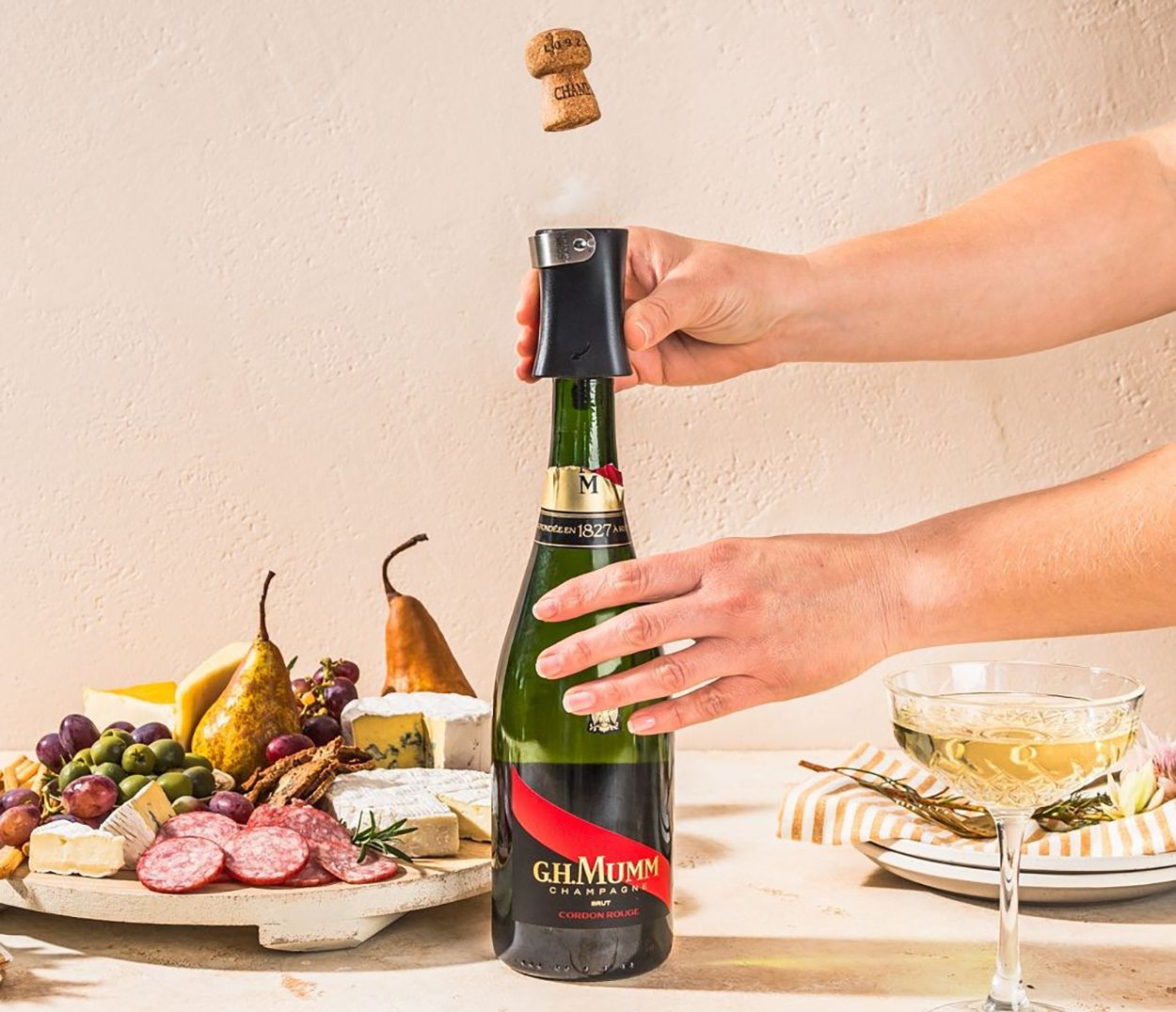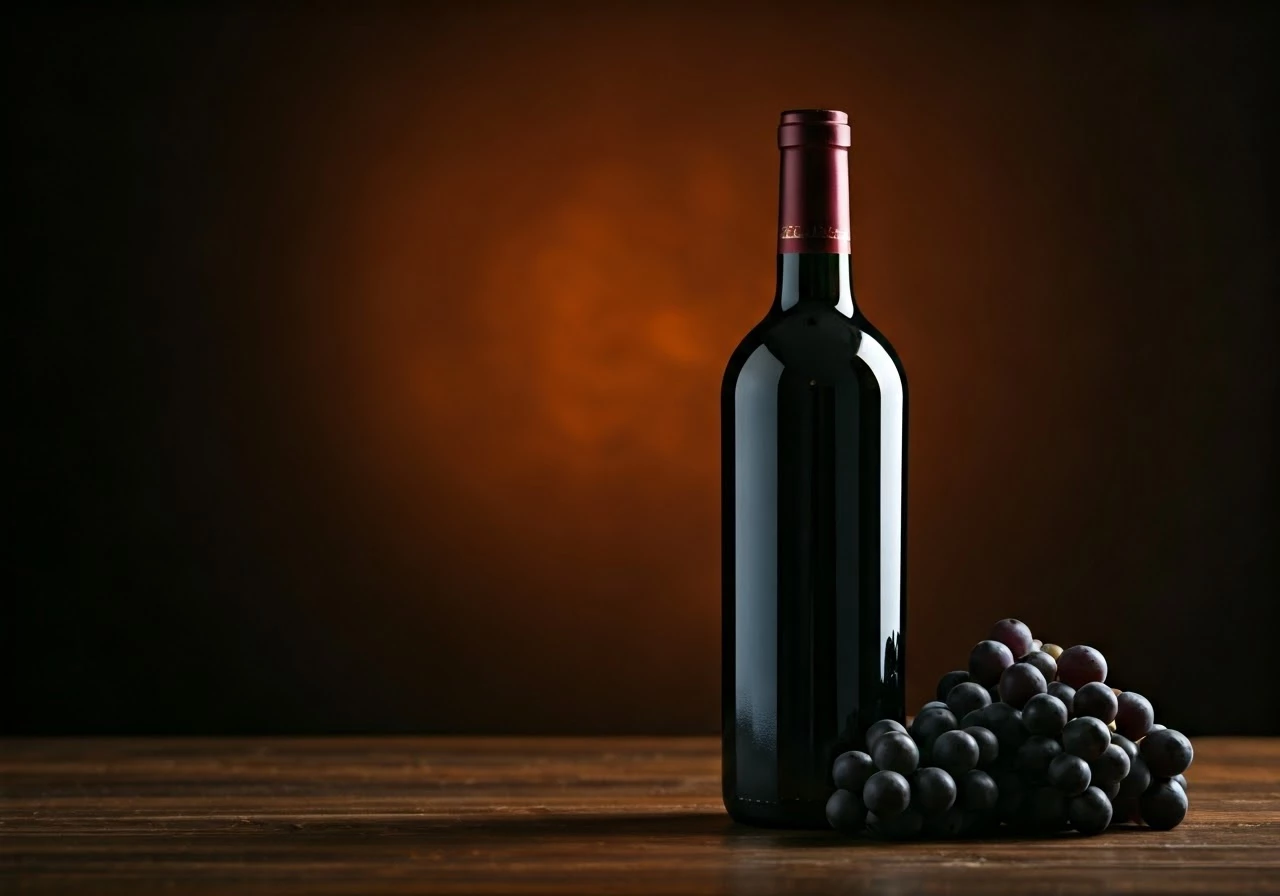Selecting the best food storage containers is important for maintaining freshness, preventing waste, and enhancing kitchen organization. From glass to plastic options, airtight containers not only extend food shelf life but also improve efficiency. This guide will help you choose the perfect storage solution.

Why Are Food Storage Containers Important?
Food storage containers help you keep your kitchen neat and ensure your food remains fresh and uncontaminated. Proper storage containers minimize waste, reduce spills, and are a must-have for meal prep, leftovers, and pantry organization.
The right containers can:
- Extend the shelf life of food.
- Prevent cross-contamination.
- Help in organizing kitchens and pantries.
What Are the Types of Food Storage Containers?
There are two main types of food storage containers:
Glass Storage Containers
- Made from durable, food-grade glass.
- Free of chemicals like BPA.
- Great for reheating food in ovens and microwaves.
Plastic Storage Containers
- Lightweight and budget-friendly.
- Ideal for everyday meal prep and storage.
- Available in various shapes and sizes.
Both types of containers come with secure lids to keep food airtight and fresh.
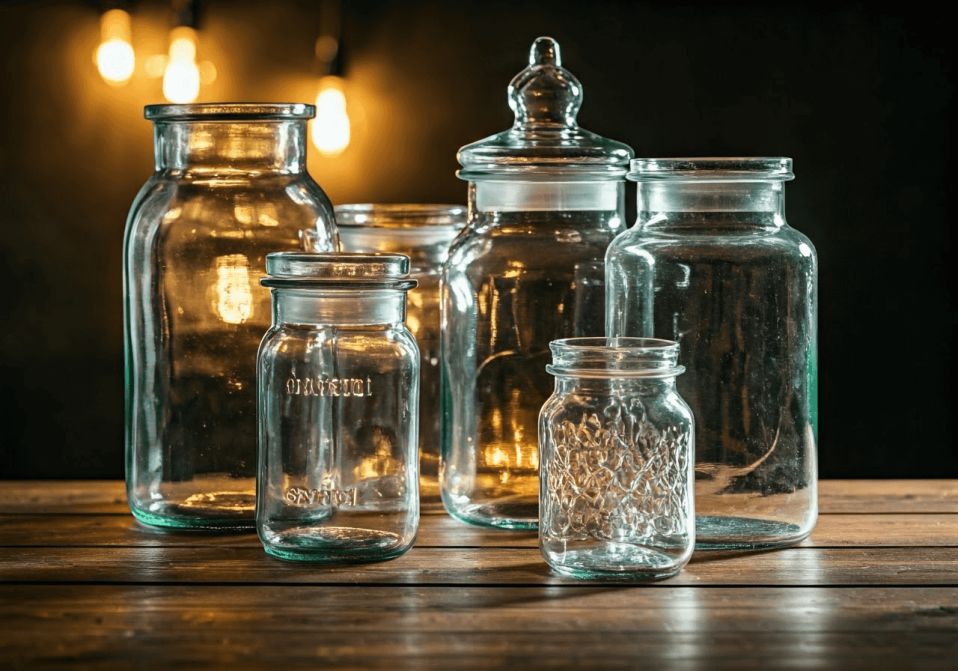
Which Is Better: Glass or Plastic Food Storage Containers?
Choosing between glass food storage containers and plastic containers depends on your needs:
| Feature | Glass Food Storage | Plastic Storage Containers |
|---|---|---|
| Material | Borosilicate glass | BPA-free plastic |
| Durability | Heavy and sturdy | Lightweight but prone to wear |
| Microwave Safe | Yes | Some, if labeled |
| Freezer Safe | Yes | Often yes |
| Recyclable | Highly recyclable | Less recyclable |
| Cost | Higher upfront cost | Affordable |
For long-term use, glass food containers are eco-friendly and more durable. However, plastic containers are lightweight and ideal for on-the-go meals.
How to Choose the Best Food Storage Containers?
When selecting food storage containers, consider:
- Material: Glass for durability and safety; plastic for convenience.
- Size: Match container size to your storage needs.
- Lids: Look for leak-proof and airtight lids to keep food fresh.
- Usage: Opt for microwave-safe and freezer-safe containers.
A good container set provides various sizes for versatile use.
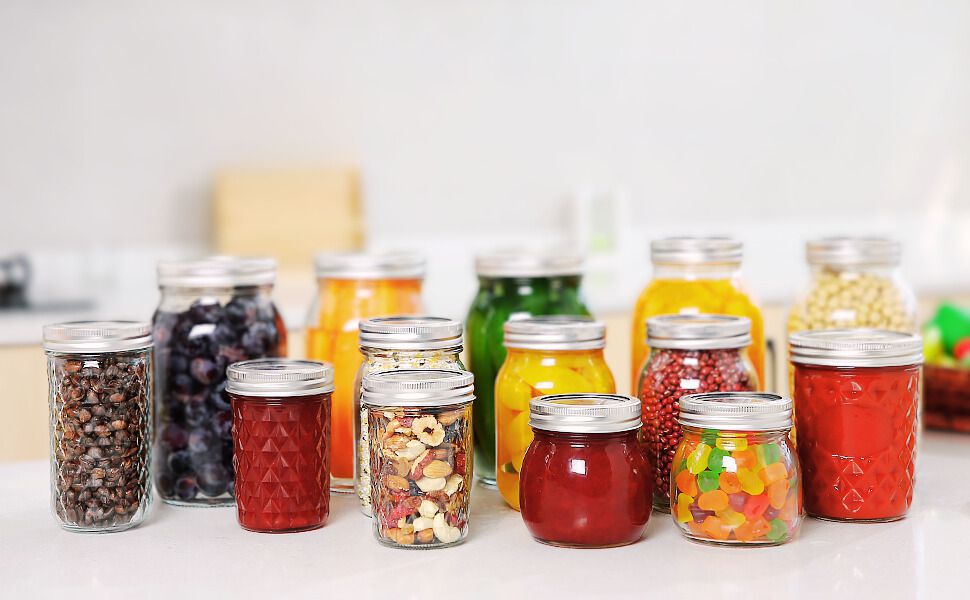
Why Are Airtight Lids Important in Food Storage Containers?
Airtight lids prevent air and moisture from entering, keeping food fresh longer. Containers with silicone seals and locking mechanisms are ideal for:
- Preventing spills and leaks.
- Storing dry goods like flour and sugar.
- Keeping leftovers fresh in the fridge.
Investing in storage containers with lids ensures better food preservation.
What Are the Best Food Storage Containers for Meal Prep?
The best food storage containers for meal prep include:
- Glass Containers: Perfect for reheating food without transferring to another dish.
- Plastic Containers: Lightweight, stackable, and ideal for portion control.
Look for containers with separate compartments to store different meal components.
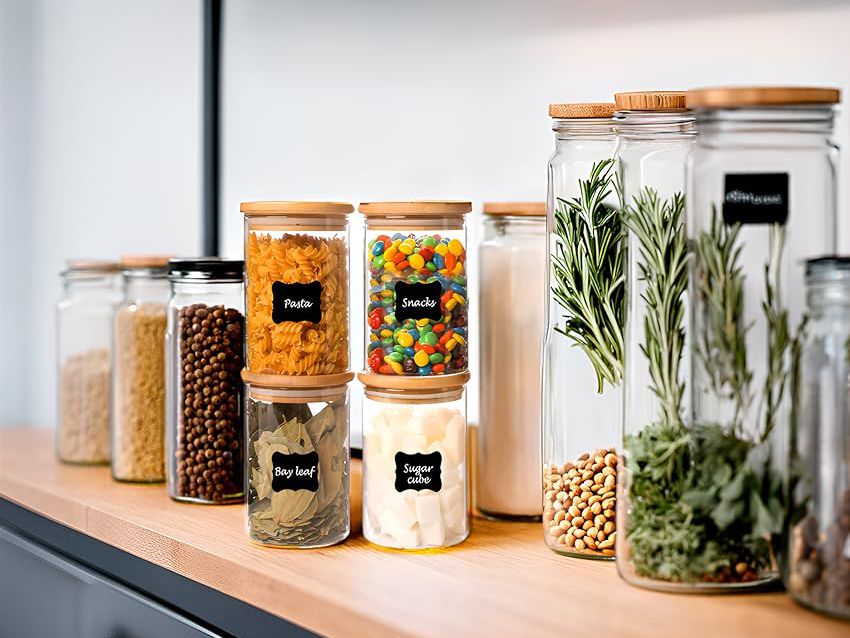
Are Food Storage Containers Safe for Freezing and Reheating?
Yes, many storage containers are safe for freezing and reheating. Glass containers are ideal for reheating food, while BPA-free plastic containers are safe for freezing.
Tips for freezing food:
- Leave space in containers for food expansion.
- Use airtight lids to avoid freezer burn.
What Are the Best Food Storage Containers for Dry Foods?
For dry goods like grains, pasta, and spices, choose storage containers that are:
- Airtight to keep moisture and pests out.
- Transparent for easy identification.
- Stackable for better pantry organization.
Glass food storage containers are ideal for preserving food quality and preventing odors.
What Are the Benefits of Buying Food Storage Containers in Sets?
Buying container sets offers convenience and value:
- Variety of Sizes: Perfect for storing different types of food.
- Cost-Effective: Cheaper than buying single containers.
- Organized Storage: Matching sets stack neatly in cabinets and fridges.
Choose food storage container sets that include both small and large sizes to meet your needs.
How Long Do Food Storage Containers Last?
With proper care, glass storage containers can last for years. Plastic containers, while durable, may show wear sooner.
- Glass: Heat-resistant, durable, and easy to clean.
- Plastic: Replace containers if they show signs of warping, staining, or odors.
To extend the lifespan of your containers, wash them gently and avoid exposing plastic to high heat.
Are Food Storage Containers Environmentally Friendly?
Glass food storage containers are eco-friendly because they are recyclable, reusable, and don’t degrade over time.
- Reducing plastic use helps protect the environment.
- Reusable containers minimize food waste and single-use packaging.
Switching to glass storage containers is a step toward sustainability.
Conclusion
Choosing the best food storage containers depends on your storage needs, budget, and environmental concerns. Whether you prefer glass storage containers for their durability or plastic containers for convenience, the right choice will keep your kitchen organized and your food fresh.
FAQs
1. What are the safest materials for food storage containers?
The safest materials are glass and BPA-free plastic. Glass food storage containers are free from chemicals and ideal for reheating.
2. Are glass food storage containers better than plastic?
Yes, glass containers are more durable, eco-friendly, and safer for reheating food. However, plastic containers are lightweight and convenient.
3. How do I choose the best food storage container set?
Look for sets with airtight lids, a variety of sizes, and materials suitable for both freezing and reheating food.
4. Can food storage containers go in the dishwasher?
Yes, most food storage containers are dishwasher-safe. Always check the manufacturer’s instructions for safety.
5. How do airtight lids help in food preservation?
Airtight lids prevent air and moisture from entering, which keeps food fresher for longer and reduces spoilage.

